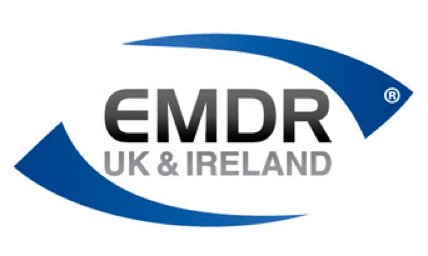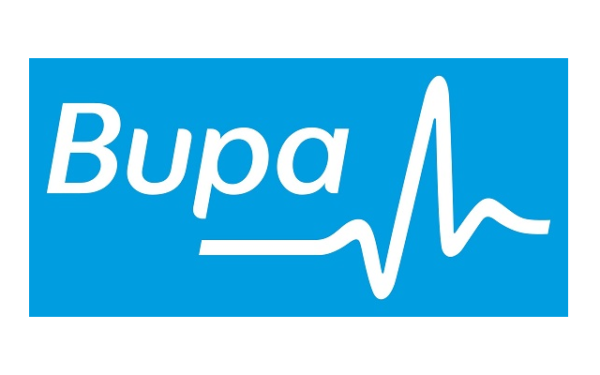When it comes to seeking self-help to support our mental health, the question of whether one needs a psychologist, psychiatrist, counsellor or coach is often the first stumbling block. Read more to find out what would be best for you.
Latest NewsIs EMDR triggering our natural healing system?

natural healing systemNatural healing system- triggered by EMDR therapy?
It seems that EMDR therapy may be triggering our natural healing system. I describe it like cleaning cuts and wounds. It hurts and stings but eventually heals up.
In therapy, the EMDR re-processing technique seems to activate this mental health immune system. The cleaning process is causing anxiety, sadness, anger and pain. It is emotionally uncomfortable when the old memories are cleaned. Natural healing system is in action after the EMDR session. It can increase forgotten memories and dreams for some times, but eventually, the emotional distress goes away. There is not much talking in EMDR , so I would not call it talking therapy. That is why many people find it unbelievable and weird. But don’t be fooled!
Book a Consultation

What is EMDR and what it’s good for?
Since its discovery in the late 1980s, eye movement desensitization and reprocessing therapy, commonly known as EMDR, has emerged as a powerful, evidence-based approach for healing trauma and other distressing life events, including fears , phobias, panic amongst others. Grounded in neuroscience and memory research, it has been continuously refined over the years. Over the last decade, the technique has evolved and is constantly being improved following new research.
EMDR is widely recognised for treating trauma, particularly post-traumatic stress disorder (PTSD). Traumatic experiences can remain unprocessed due to the brain’s inability to handle overwhelming stress, leading to distress even years later. Fears and phobias frequently stem from past events that occurred years ago, gradually evolving into deeply ingrained responses over time. EMDR has been very effective in removing distress from those traumatic memories. It seems like mental health immune system is activated.
There is now new exciting evidence that demonstrates the successful removal of distress and a long-lasting effect also on issues other than traumas. It’s been shown to be effective in anxiety-related issues, fears, and phobias and even improving self-esteem.
How does it work?
Fears are often rooted in the deeper, unconscious part of the mind linked to other memories than the trigger. While CBT works only on the conscious part of the mind, EMDR penetrates the unconscious parts of the mind by engaging all the neural pathways involved in forming a particular fear, enabling its removal.
Due to its ability to access the subconscious mind, where the circuits of unresolved memories and emotions are accessible, allows for deeper healing than traditional talk therapy alone. Another crucial part of the reprocessing method involves recalling formative experiences while engaging in extra-guided stimulation of short-term memory (also called working memory).
Guided stimulation can take various forms. It can be auditory clicks, tapping in a particular rhythm, or even spelling random words. EMDR requires minimal verbal interaction during sessions, as much of the reprocessing takes place internally through the mind and body while recalling related memories and emotions. In repeated sessions, the process often becomes familiar, reducing or even eliminating the need for therapist input.
A lot of the re-processing happens when people think about things rather than talk. Thinking is much faster than speaking, so results can be seen much quicker than in other therapies. The therapist’s role is to give a gentle push at the beginning and ask guiding questions to support thinking.
The re-processing is only one part of the whole EMDR therapy process. The whole process includes an assessment of the problem, goal setting, and preparation for the “cleaning” phase. It is when some anxiety management techniques are taught. Our therapists in Positive Mind Practice would usually ensure you are ready before starting to clean your mental wounds.
While there is no quick fix in psychotherapy, healing requires confronting emotional pain, much like cleaning a wound to prevent infection. Although difficult, this process can be supported by coping strategies such as grounding techniques, positive self-talk, and deep breathing.
EMDR therapy offers a powerful tool for healing both; trauma and anxiety-related issues, helping individuals move past distressing memories and build resilience. To learn more about EMDR and other therapeutic approaches, explore our additional blog posts.
Sign up below to hear from us!
How we can help you Related News & Advice
Not sure what you’re looking for?
Arrange a chat with our specialist team
Awards, Accreditations & Partners
Our therapists are accredited with the following UK and EU boards:
We are also able to accept clients who are insured by AXA, WPA and BUPA
*Please enquire for all other insurance companies*








